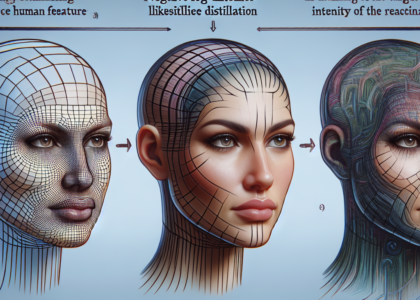Authors: Amit Prasad, Bappaditya Dey, Victor Blanco, Sandip Halder
Abstract: Deep learning-based semiconductor defect inspection has gained traction in
recent years, offering a powerful and versatile approach that provides high
accuracy, adaptability, and efficiency in detecting and classifying nano-scale
defects. However, semiconductor manufacturing processes are continually
evolving, leading to the emergence of new types of defects over time. This
presents a significant challenge for conventional supervised defect detectors,
as they may suffer from catastrophic forgetting when trained on new defect
datasets, potentially compromising performance on previously learned tasks. An
alternative approach involves the constant storage of previously trained
datasets alongside pre-trained model versions, which can be utilized for
(re-)training from scratch or fine-tuning whenever encountering a new defect
dataset. However, adhering to such a storage template is impractical in terms
of size, particularly when considering High-Volume Manufacturing (HVM).
Additionally, semiconductor defect datasets, especially those encompassing
stochastic defects, are often limited and expensive to obtain, thus lacking
sufficient representation of the entire universal set of defectivity. This work
introduces a task-agnostic, meta-learning approach aimed at addressing this
challenge, which enables the incremental addition of new defect classes and
scales to create a more robust and generalized model for semiconductor defect
inspection. We have benchmarked our approach using real resist-wafer SEM
(Scanning Electron Microscopy) datasets for two process steps, ADI and AEI,
demonstrating its superior performance compared to conventional supervised
training methods.
Source: http://arxiv.org/abs/2407.12724v1





